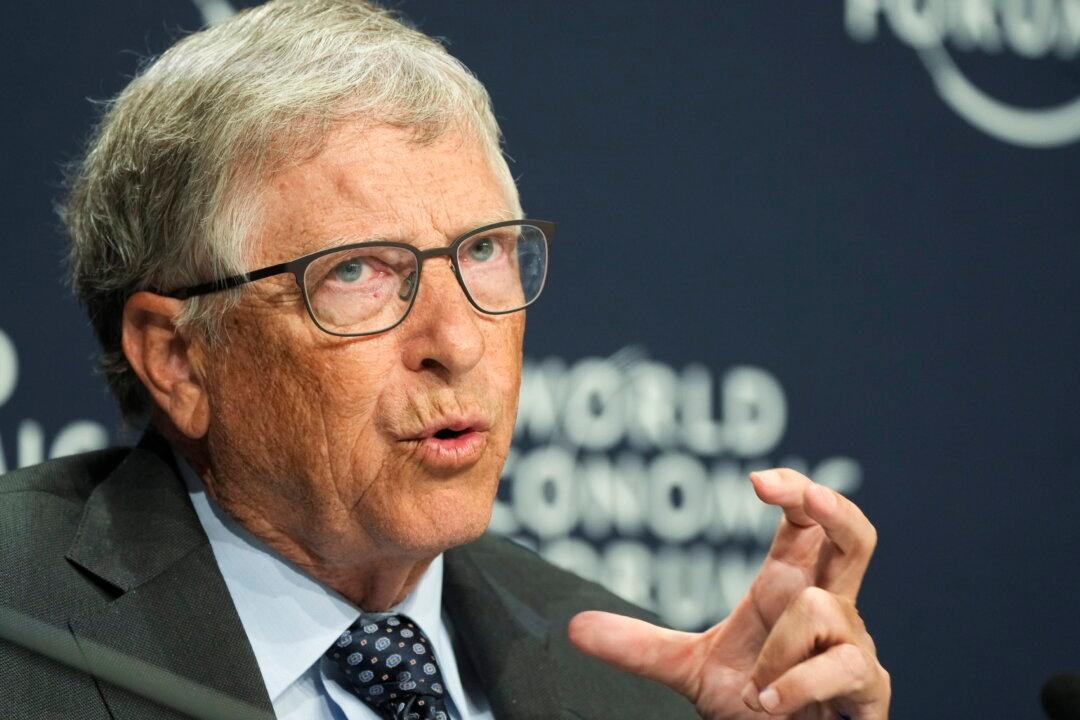Billionaire Bill Gates is pushing for the use of “magic seeds” as a way to combat food shortages, citing examples of crops that are genetically modified organisms (GMO) used in Kenya and India.
“Magic seeds” is a term Gates gave to a new type of maize that was developed by a group of African crop researchers. By breeding certain varieties of maize, researchers created a hybrid crop that was more resistant to drier, hotter climates, Gates wrote in the sixth annual Goalkeepers Report published by the Bill & Melinda Gates Foundation on Sept. 12. The new crop, DroughtTEGO, produced an average of 66 percent more grain per acre in Kenya, he claims.





